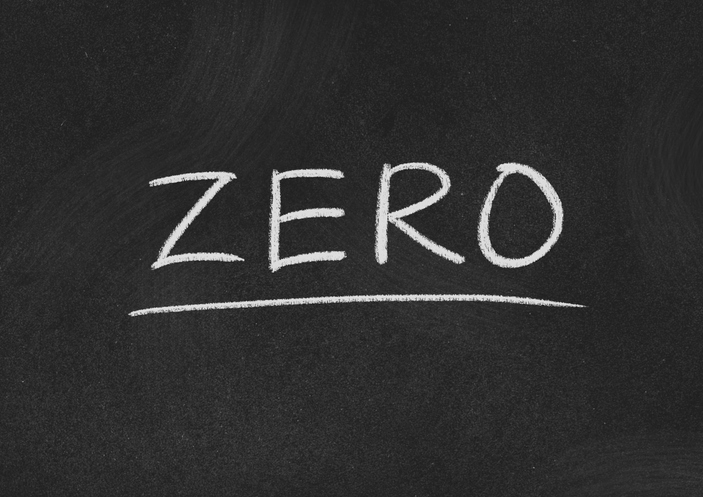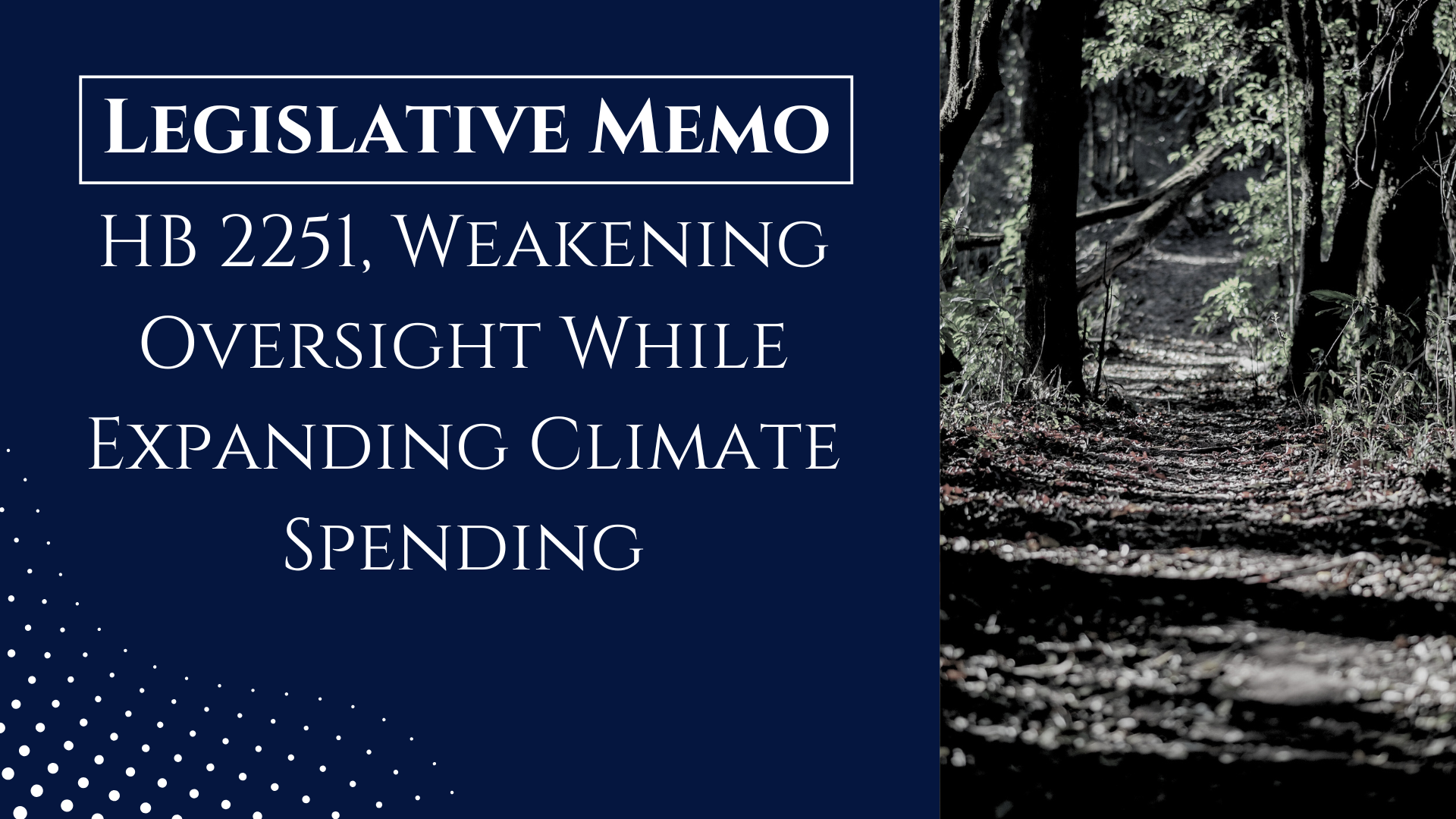Washington state’s newly enacted low-carbon fuel standard (LCFS) does nothing to help meet the state’s CO2 emission targets. Who says so? The Washington State Department of Ecology.
Earlier this year legislators adopted a statewide CO2 policy that requires annual emissions reductions to meet certain targets, a system known as "cap-and-trade." That system covers transportation-related CO2 emissions – the exact same emissions covered by the LCFS. Both policies do the same thing, but the LCFS is much more expensive.
To confirm this, I asked a question at the Department of Ecology’s first stakeholder meeting to create the rules for the LCFS. I asked, “Is the LCFS on top of the cap-and-trade system or is it covered by the cap-and-trade system?” The section manager in charge of developing the LCFS rule responded, “Anything that is reduced by the LCFS would fall under the caps. The cap-and-invest program and the LCFS are essentially working toward the same goals.” In other words, if the LCFS did not exist, Washington would achieve the exact same CO2 targets.
Although the LCFS adds nothing to statewide CO2 reductions, fuel suppliers are still required to meet it, passing on the high compliance cost to consumers. Currently in California the LCFS costs eight times as much to reduce CO2 emissions as it does under California’s cap-and-trade system.
I also asked about local companies who had already committed to transition their vehicles to 100 percent electric prior to the LCFS. The LCFS creates a system where companies that reduce transportation emissions get to sell credits in a market created by the state. If companies who have already promised to switch to electric vehicles can participate in the market, they are now getting paid for what they already promised they would do. These LCFS credits wouldn’t reduce CO2 emissions.
Ecology’s LCFS manager said they would not be tracking which companies had already made those pledges and they would be allowed to profit by selling credits. Getting paid for what you already promised to do is lucrative, but it undermines the effectiveness of the LCFS and does nothing for the planet.
The state’s new cap-and-trade system has several flaws, but it is far superior to the high cost and ineffectiveness of the LCFS. The truthful answers from Department of Ecology staff confirm how wasteful the LCFS truly is.






